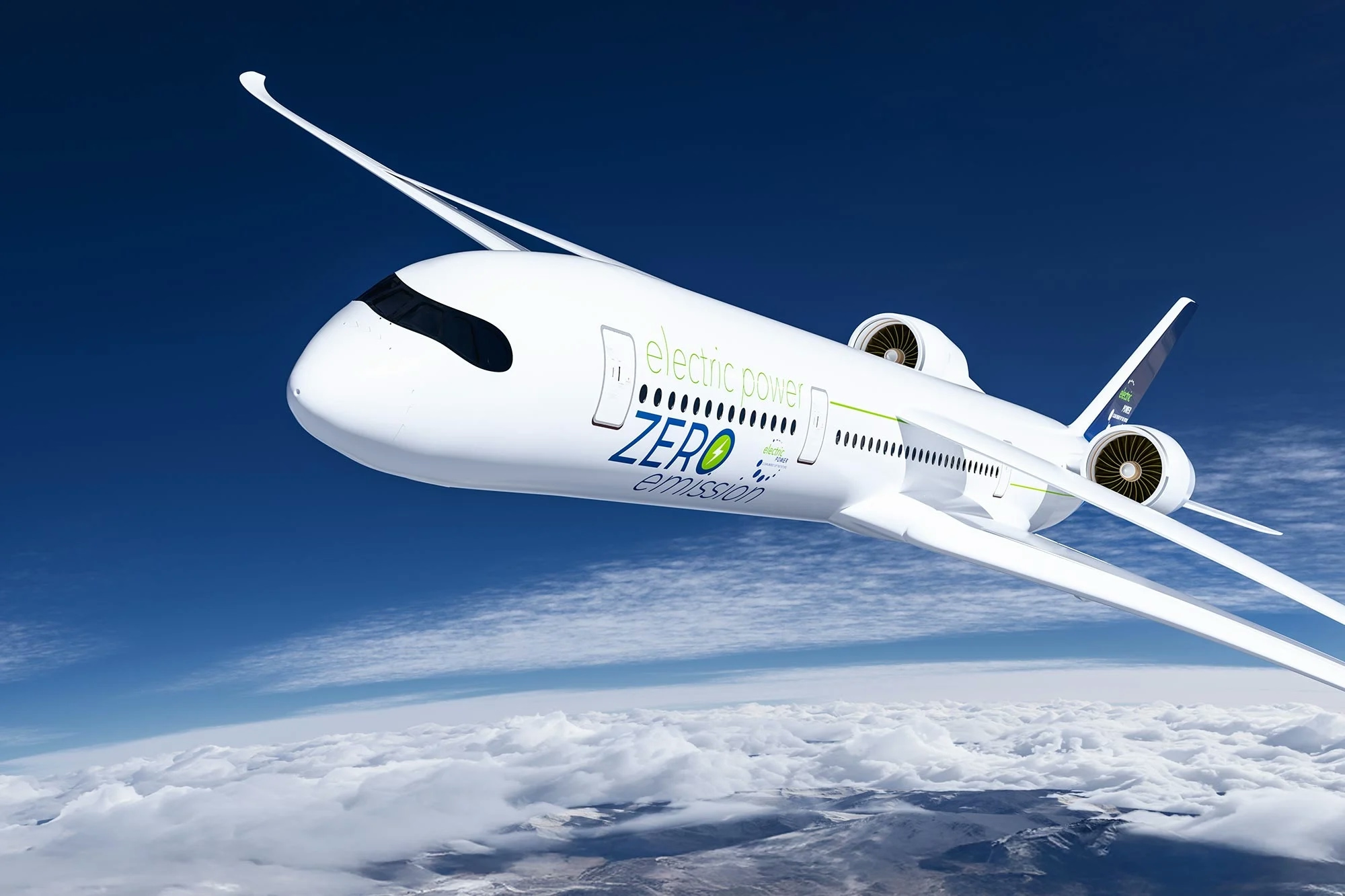AeroGenie — Ваш интеллектуальный второй пилот.
В тренде
Categories
Sodium-Based Fuel Cells Emerge as Alternative to Lithium Batteries

Sodium-Based Fuel Cells: A Promising Alternative to Lithium Batteries in Aviation
Researchers at the Massachusetts Institute of Technology (MIT) are pioneering a new approach to electric aviation by developing a sodium-based fuel cell that could revolutionize energy storage for aircraft. This technology offers a compelling alternative to the heavy lithium-ion batteries and complex hydrogen systems currently dominating the field. With energy densities reported to be up to five times greater than those of traditional lithium-ion batteries, the sodium fuel cell holds the potential to make long-haul electric flights not only feasible but also efficient and environmentally sustainable.
Energy Density and Its Significance in Aviation
Energy density is a critical metric in aviation, as it directly affects the range and operational efficiency of electric aircraft. The sodium-based fuel cell developed at MIT achieves an energy density between 1,000 and 1,400 watt-hours per kilogram (Wh/kg), a substantial improvement over the 200 to 300 Wh/kg typical of lithium-ion batteries. This significant increase could enable electric aircraft to undertake longer flights, addressing one of the most pressing challenges in the industry.
However, the technology faces a notable trade-off: while increasing the sodium fuel supply can further boost energy density, it simultaneously reduces power density. Currently, the system’s power density stands at approximately 40 watts per kilogram (W/kg), which is relatively low for aviation applications. Balancing these competing demands—maximizing energy storage while maintaining sufficient power output—remains a key engineering challenge. Overcoming this will require innovative design strategies and the development of advanced materials to optimize the fuel cell’s performance without compromising efficiency.
Design and Environmental Implications of the Sodium Fuel Cell
The sodium-based fuel cell employs a novel design centered on molten sodium as the fuel source. It utilizes a beta-alumina solid electrolyte to facilitate ion transfer and a nickel-based foam cathode, which together eliminate the need for heavy, pressurized hydrogen tanks. This simplification reduces manufacturing complexity and overall system weight, both critical factors in aviation.
Beyond its energy advantages, the fuel cell offers environmental benefits. The chemical reactions within the system produce sodium hydroxide as a byproduct, which can react with atmospheric carbon dioxide to form sodium bicarbonate. This process has the potential to capture carbon dioxide and contribute to ocean deacidification, presenting a promising avenue for mitigating environmental impact. Nonetheless, the localized ecological effects of these byproducts require further investigation to fully understand their implications.
Despite its promise, the technology faces significant hurdles. Thermal management of molten sodium is complex, and ensuring safe, reliable operation under aviation conditions is a formidable task. Additionally, the relatively low power density and unresolved environmental concerns must be addressed before the fuel cell can be considered viable for commercial aviation.
To advance this technology, a startup named Propel Aero has been established with the goal of refining and scaling the sodium fuel cell system. The company aims to transform long-haul electric aviation and contribute meaningfully to the decarbonization of the aviation industry. While the path forward involves overcoming substantial technical and environmental challenges, the sodium-based fuel cell represents a bold step toward a cleaner, more efficient future for air travel.

Emirates Unveils Cabin Design for New Boeing 777X

Eighteen Years On, the Airbus A380 Remains Central to a $34 Billion Airline

How a boom in luxury airline seats is slowing down jet deliveries

Navitaire Outage Attributed to Planned Maintenance

DigiYatra Debuts Outside Aviation at India AI Impact Summit

Vietnam Orders Strengthen Boeing’s Commercial Outlook

Airbus Signals Uncertainty Over Future A400M Orders

JobsOhio Awards $2 Million Grant to Hartzell Propeller for Innovation Center

Collins Aerospace Tests Sidekick Autonomy Software on YFQ-42A for U.S. Air Force CCA Program

How the Airbus A350-1000 Compares to the Boeing 777
